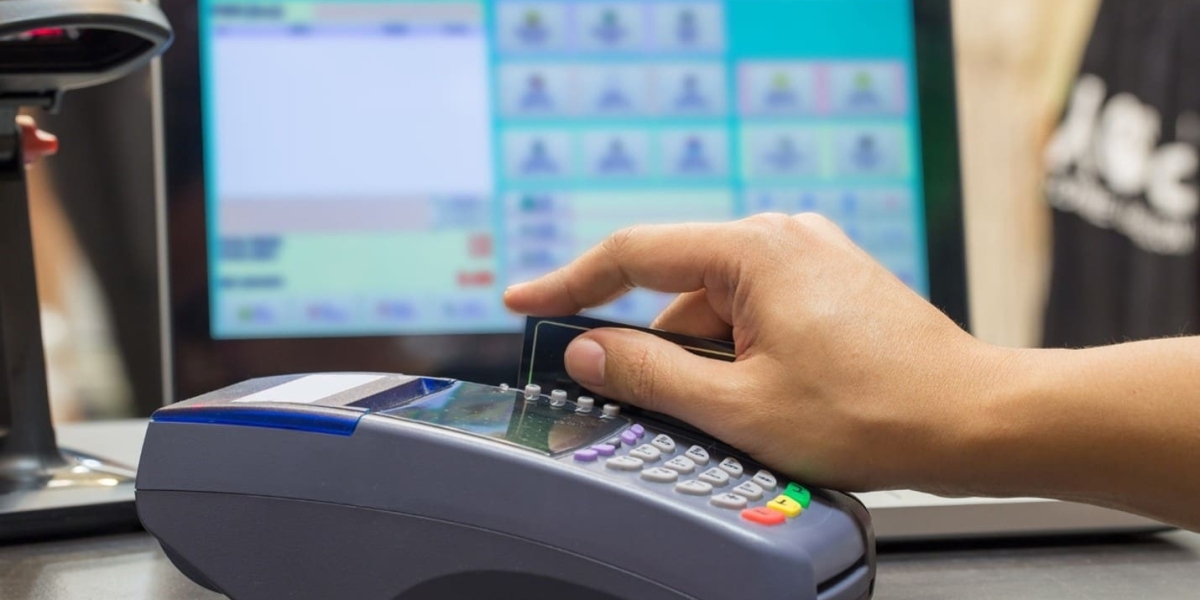Retail management is evolving rapidly, and the ability to oversee operations from anywhere has become increasingly important. Cloud-based point-of-sale (POS) systems are transforming the way retailers manage stores, providing flexibility, efficiency, and real-time insights.
Unlike traditional POS systems, which rely on on-site servers and hardware, cloud POS stores data online. This allows business owners and managers to monitor sales, inventory, and staff performance remotely from any device with internet access.
Real-Time Access from Anywhere
One of the primary advantages of cloud POS is remote access. Managers can view sales reports, track inventory, and check staff activity from their laptop, tablet, or smartphone.
This feature is especially valuable for retailers with multiple locations or franchise networks. It ensures that decisions are based on current data rather than outdated reports, improving responsiveness and operational efficiency.
Simplified Store Management
Cloud POS systems consolidate all store operations into a single platform. Inventory management, employee scheduling, sales tracking, and customer data are all accessible from one dashboard.
Remote management simplifies day-to-day tasks, reduces administrative burden, and ensures that staff can focus on delivering excellent customer service. Tasks like updating product prices, adding promotions, or adjusting stock levels can be done instantly without being physically present in the store.
Cost Efficiency
Traditional POS systems require expensive on-site servers, IT maintenance, and regular software updates. Cloud POS eliminates much of this overhead, as the software is hosted online and updated automatically by the provider.
This reduces upfront costs and ensures that stores are always using the latest technology. It also minimizes downtime caused by technical issues, keeping operations smooth and reliable.
Real-Time Inventory Management
With cloud POS, inventory levels are updated instantly across all locations. This ensures that managers have a clear understanding of stock availability at all times, even from remote locations.
Automatic updates help prevent overselling, reduce stockouts, and allow timely reordering. Managers can also identify top-selling products and slow-moving items, helping optimize stock distribution and purchasing decisions.
Enhanced Security and Backup
Data security is a major concern for any retailer. Cloud POS systems use advanced encryption and secure servers to protect sensitive information, including customer data, sales records, and financial transactions.
Automatic cloud backups mean that data is safe even if a device is lost or damaged. Remote accessibility combined with secure storage ensures peace of mind for store owners and managers.
Supporting Multi-Location Businesses
For retailers managing multiple stores, cloud POS offers a unified view of all locations. Sales performance, inventory, and staff productivity can be monitored from a single dashboard, allowing managers to make informed decisions across the entire network.
This centralization streamlines operations, reduces human error, and ensures consistency in pricing, promotions, and customer experience across all locations.
Improving Customer Service
Cloud POS systems often include integrated customer relationship management (CRM) features. Customer purchase history, preferences, and loyalty points can be accessed instantly, even remotely.
Staff can use this information to offer personalized service, recommend products, and resolve issues quickly. Remote managers can also review customer feedback and monitor service quality, ensuring a consistent and positive experience for every shopper.
How Mhouse Supports Remote Retail Management
For retailers seeking efficient remote management, Mhouse offers cloud POS solutions that combine flexibility, security, and ease of use. Their systems allow business owners to monitor sales, manage inventory, and oversee operations from anywhere, ensuring smooth performance across multiple locations.
Mhouse technology supports scalability, making it suitable for small boutiques, multi-location chains, and franchise networks. With cloud POS, retailers can focus on growth and customer satisfaction without worrying about technical limitations.
Conclusion
Cloud POS systems are reshaping retail management, providing real-time insights, remote access, and simplified operations. They improve efficiency, reduce costs, and enhance both staff and customer experiences.
By adopting cloud-based POS solutions like Mhouse, retailers gain the flexibility to manage stores from anywhere, make informed decisions, and ensure consistent operations across all locations. The advantages of cloud POS make it an essential tool for modern retail, enabling businesses to thrive in an increasingly digital and mobile world.









